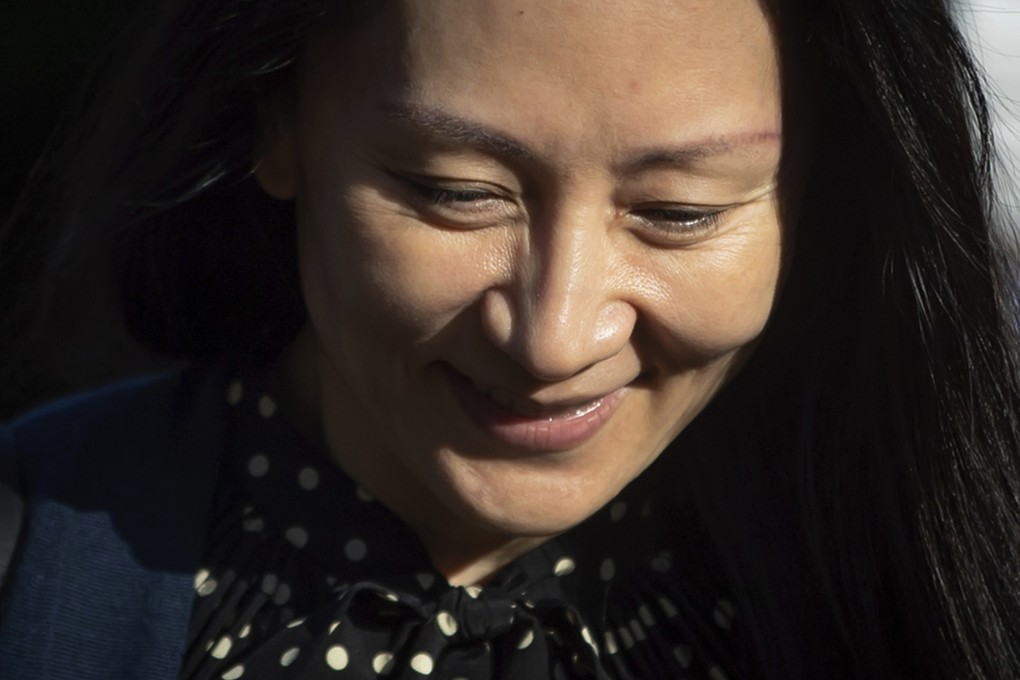Editorial | With Meng case over, China and US can tackle the key issues
- While there should be no illusions or unrealistic expectations, both sides should aim to address pressing issues of mutual concerns and not let competition veer into open conflict

When Meng Wanzhou was taken into custody at a Vancouver airport, she was an obscure corporate executive. After more than 1,000 days of virtual house arrest, she returned home in Shenzhen a national hero.
During that tumultuous time, the fight over her extradition became a flashpoint in the rapidly deteriorating relationship between China and the United States, plunging three countries – including Canada – into one of their worst diplomatic crises.
Once Beijing invested national prestige and influence in her release, all sides knew that proceeding with extradition would have serious if unpredictable consequences.
The statement by the foreign ministry makes clear the gravity with which Beijing has viewed the case. “Thanks to the unremitting efforts of the Chinese government,” it said, “Ms Meng Wanzhou has left Canada on a chartered plane by the Chinese government and is about to return to the motherland and reunite with her family.”

03:41
Meng Wanzhou returns to China and Canadians freed after US court reaches deal with Huawei CFO
Washington had belatedly realised the case was threatening to spiral out of control. That’s why it had to cut a deal before a ruling in a Vancouver court on whether she could be sent to the US to stand trial on fraud related to breaching US sanctions against Iran.
